Is it true that monkeys can only count up to four?

Monkeys and other animals are not good at counting, and are often said to be 'only able to count up to four,' but the reality is a little different. A video has been released by the educational YouTube channel MinuteEarth that clearly explains the differences in how animals and humans count, based on the reactions of monkeys when they are shown magic tricks.
MinuteEarth showed monkeys living on a Caribbean island a magic trick in which they placed an apple on a stage made of boxes, which was then covered with a cover.

If you place three apples, there should be three apples on the stage.

However, because there is a secret room on the stage where apples are hidden, the number of apples placed on the stage behind the cover sometimes did not match the number of apples on the stage when the cover was removed.

When the monkey saw this, he was astonished and wondered, as if he had been tricked. This means that the monkey can count.

Monkeys aren't the only animals with this ability: scientists have performed similar experiments with a variety of animals and discovered that they too have the ability to count.

However, if you place four apples on the stage, then remove the cover to reveal five apples on the stage, the monkey will not be surprised at all.

From this, it might seem that 'animals other than humans cannot count above four,' but in fact this is not the case.
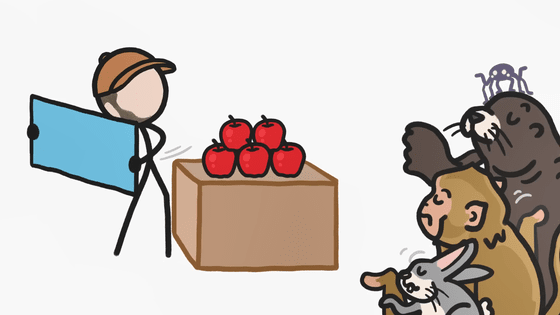
This is because while the monkey will not be surprised when 4 apples become 5, it will still be surprised when 4 apples become 6, or when 9 apples become 12.
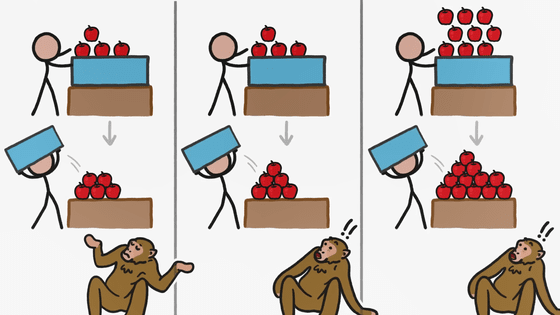
What the monkey is doing in its mind at this point is perceiving the apple as a lump and comparing its relative size.
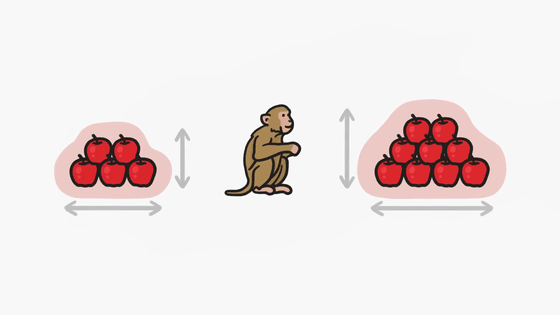
The reason why we are surprised when we go from four apples to six, but have no reaction when the number of apples increases to five, is because there is not much difference in size between a ``block of four'' and a ``block of five.''
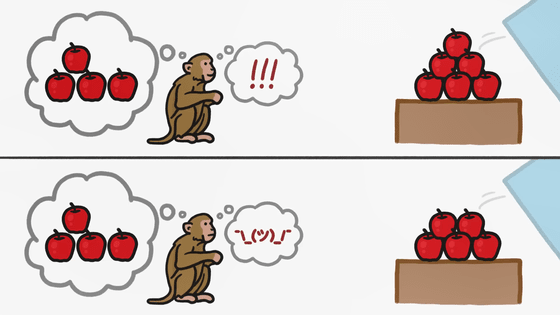
When something important, whether it's a tasty prey item or a fearsome predator, comes in small numbers, it makes sense that animals in nature would have the ability to discern small differences in those numbers.
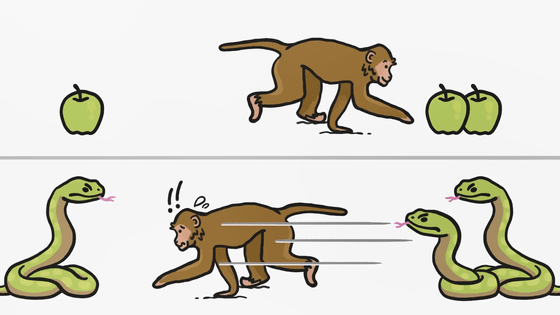
But when the numbers are large, it's not so important to know exactly how many there are - a difference of 25% or more is generally considered important enough that animals will notice the difference.
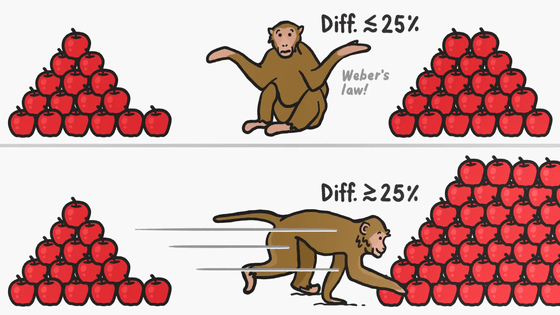
The key to the special human ability to count concretely is language, which gives humans numerical abilities by giving names to each number.
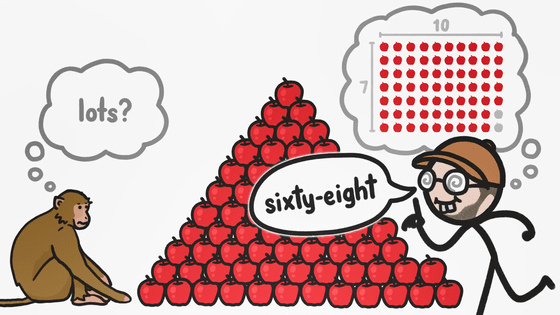
So counting shifts the brain's activity from areas used to compare set sizes to specialized, highly developed areas dedicated to complex calculations.
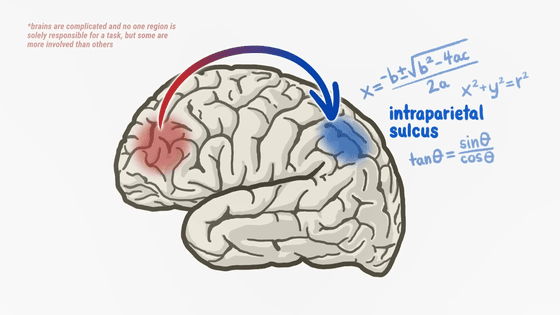
When magic tricks were performed on pre-verbal humans (infants), the infants responded in a similar way to the monkeys.
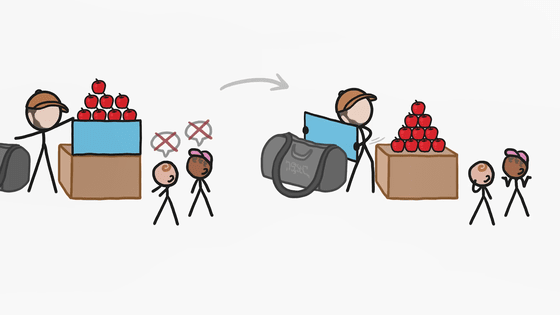
However, since the young children weren't particularly interested in apples, he instead used stuffed animals for the trick.
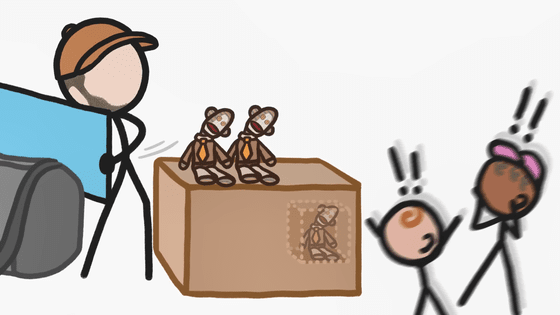
Related Posts:







